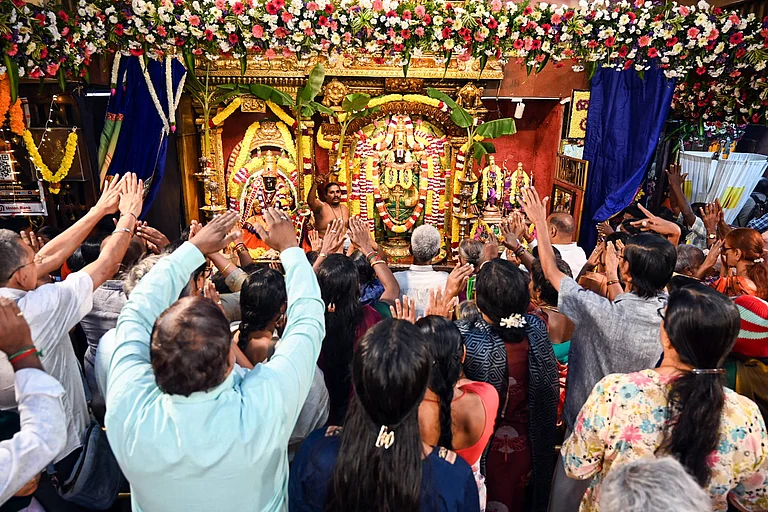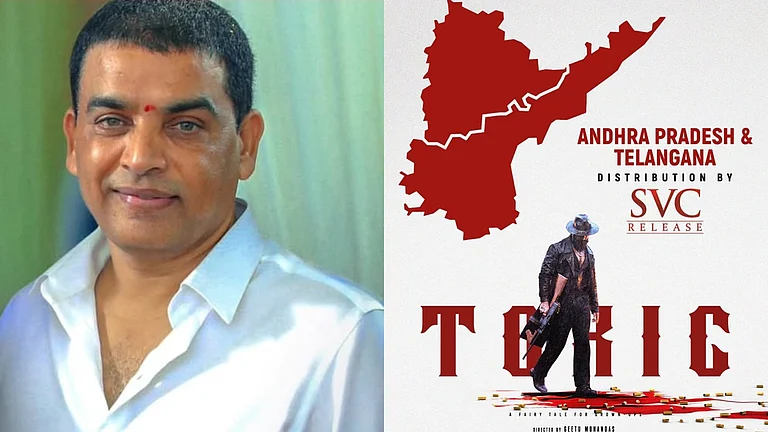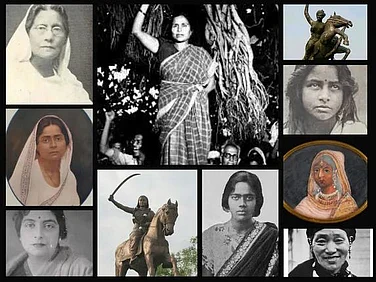We proudly speak out about the phrase “Unity in Diversity” when it comes to the mention of our proud nation, India. The celebration of the freedom of our nation, which is rich in cultural diversity, shall not fail to mention the contribution of Potti Sreeramulu. Potti Sreeramulu who is also referred to as the “Father” and the “Principal Architect” of Andhra Pradesh, stands out as a face of unwavering commitment to justice. A freedom fighter, and a hero who died fighting for the rights of Telugu speaking population post-independence. His relentless pursuit of justice and selfless dedication to the creation of Andhra Pradesh as a separate state earned him a revered place in the annals of Indian history.

Early Life and Influences
Born and brought up in Madras Presidency, current Andhra Pradesh in the year 1906, Sreeramulu came from a humble background. Not unrelated to his background, his nature was deeply influenced by the values of simplicity, truth and non-violence which were later reinforced by his association with Mahatma Gandhi. Accompanied by the sense of social justice and desire to uplift the underprivileged. Residing in Telugu speaking region, his experiences built his strong sense of social justice and desire to uplift the underprivileged around him
The Fight for Andhra Pradesh
Why was there a need for a separate state for Telugu-speaking people?
As distinguished as it may seem, the demand for a separate state for Telugu people was not limited to a linguistic or cultural issue; it was a grave matter of administrative justice and economic development.
Madras Presidency was one of the major presidencies in India formed by the British consisting of Tamil Nadu, Andhra Pradesh, Karnataka, Kerala, Odisha, and Lakshadweep. While these presidencies were formed to facilitate effective economic exploitation through better administrative control, the British government constantly ignored the demands for language-based administrative units over administrative convenience. Post-independence, the face of the Madras Presidency looked similar to its original formation with Tamil being the dominant language. The situation consequently led to the repudiation of the Telegu people within the Presidency. Sreeramulu believed that the Telugu-speaking population deserved their own state where their language, culture, and economic interests could flourish.
Peaceful yet being powerful in nature, Sreeramulu’s approach undertook several initiatives to bring national attention to the cause of Andhra Pradesh. Sreeramulu announced an indefinite hunger strike that marked his approach and sacrifice in history.
There are no signs of violence in its implementation but Sreeramulu knew how to mobilize a powerful protest. He launched several movements to highlight the problems of Andhra Pradesh but the start of the indefinite fast was something that created history. His fast was started on October 19, 1952, in Madras for the formation of a new state, the Andhra state exclusively for the Telugu people to enjoy their freedom and liberty. His fast was a demand for justice and it was done non-violently, something that was epitomized in the fight for India’s liberation.
The Ultimate Sacrifice
The fast undertaken by Potti Sreeramulu continued for 58 days and he did not consume even a drop of water. His condition worsened quickly, but his conviction did not swerve at all. Sreeramulu’s fast unto death was a strong protest against the apathy of the so-called political process which had not been able to address the genuine issues of the Telugu people.
Potti Sreeramulu died due to fasting on 15th December 1952 and thus, gave his life for the formation of Andhra Pradesh. His demise caused a lot of uproar in the country and this led to peaceful protests and demonstrations. The loss of life and the outrage made sure the Indian government could do nothing else but act. On October 1, 1953, just days after Potti’s death, the newly appointed Prime Minister of India, Jawaharlal Nehru announced the formation of a new Andhra state, which was carved out of the existing Indian state of Andhra Pradesh.
Legacy and Impact
True to its word, the sacrifice of Potti Sreeramulu was not in vain. The formation of the state of Andhra based on language further ascended to the division of states on a linguistic basis, starting with Kerala, Karnataka, Tamil Nadu, Maharashtra, and Gujarat.
To this date, Sreeramulu’s sacrifice remains as an example of the limitless and non-violent pursuit of justice. Holding firmly the value of non-violence one can always challenge any violation of rights non-violently and create an impact. He was given the title of “Amarajeevi” translating to ‘The Immortal’ in appreciation of his work for his people. He died a martyr’s death for the cause of the poor and needy. The city of Nellore, where he was born, and various other places in Andhra Pradesh, have memorials and institutions named in his honor, to ensure that his legacy is celebrated.
Potti Sreeramulu is an ideal figure depicting compassion, bravery, and the readiness to devote to a cause. His role involved a lot of hard work and sacrifice toward the shaping of the political future of post-independence India. Today, as we celebrate his efforts, one cannot help but be impressed by the extent to which the decision of a single person may shape history.



























